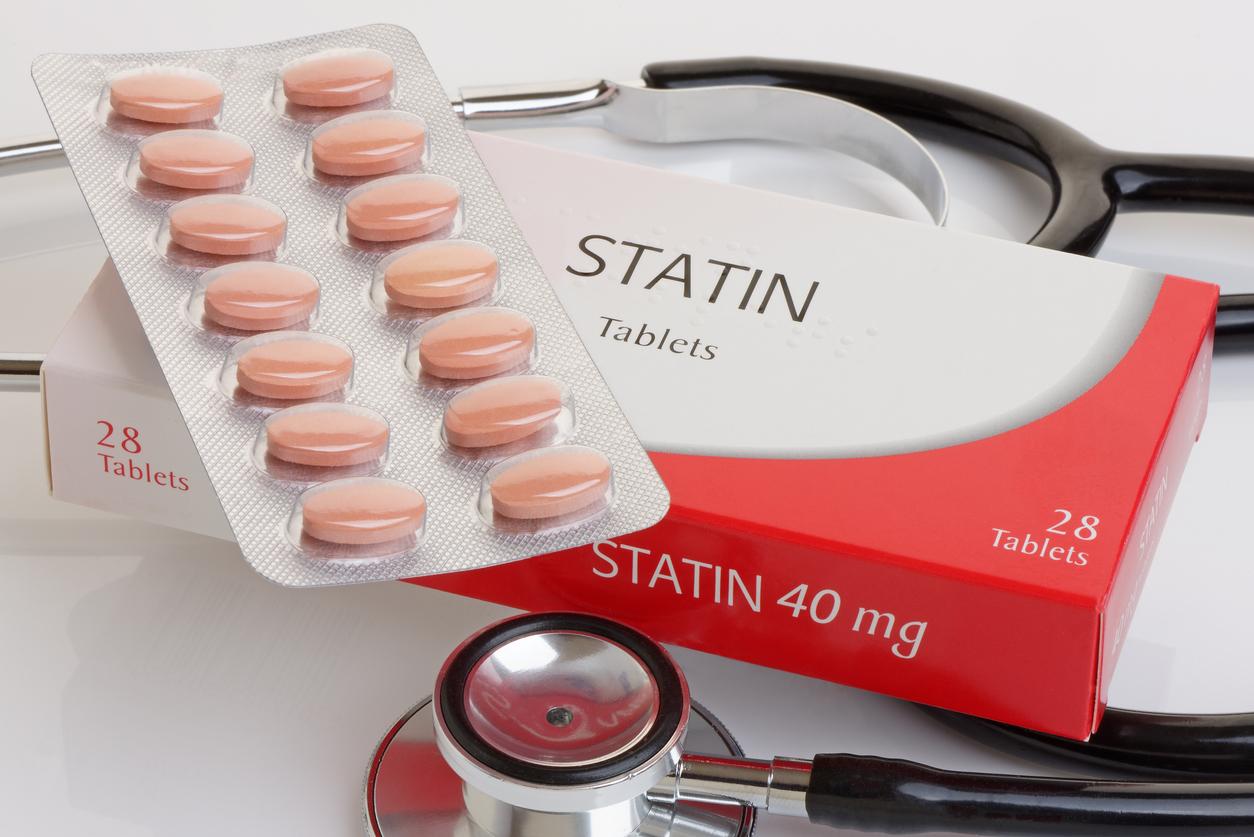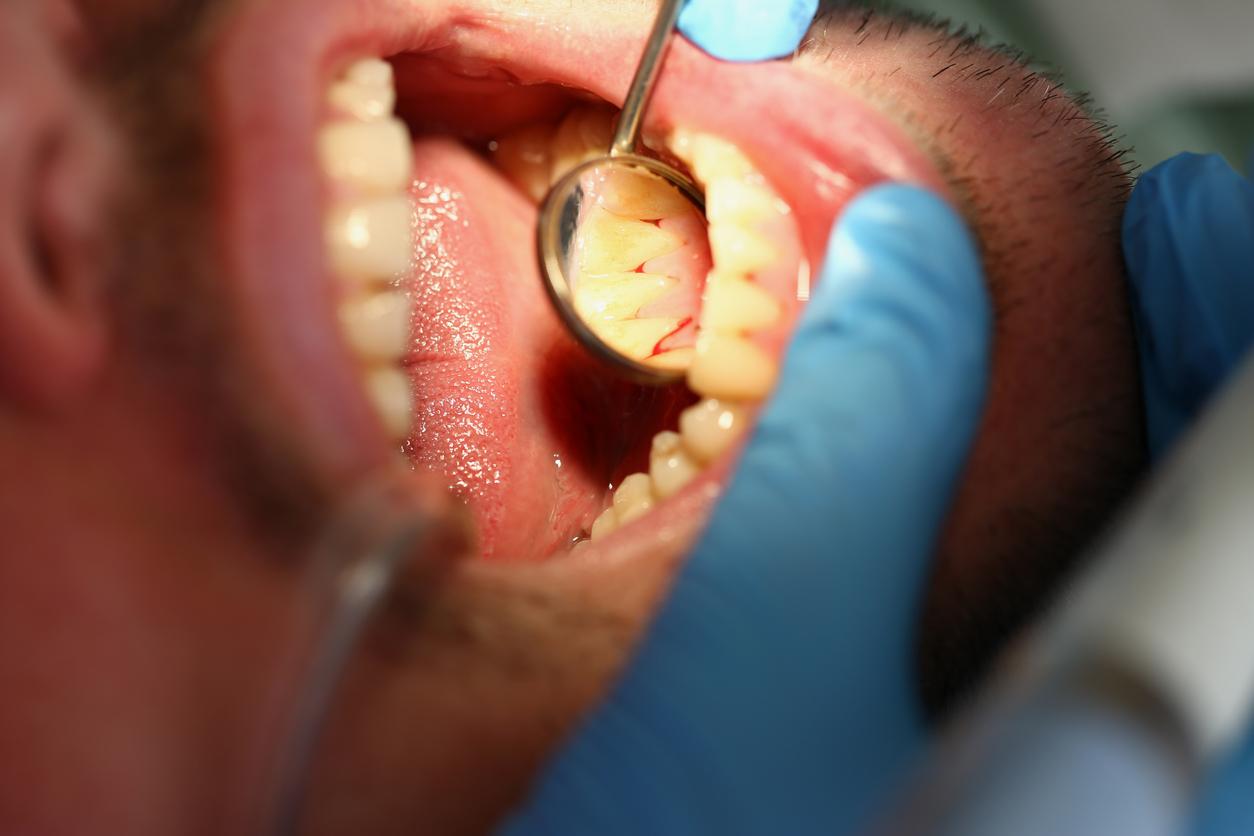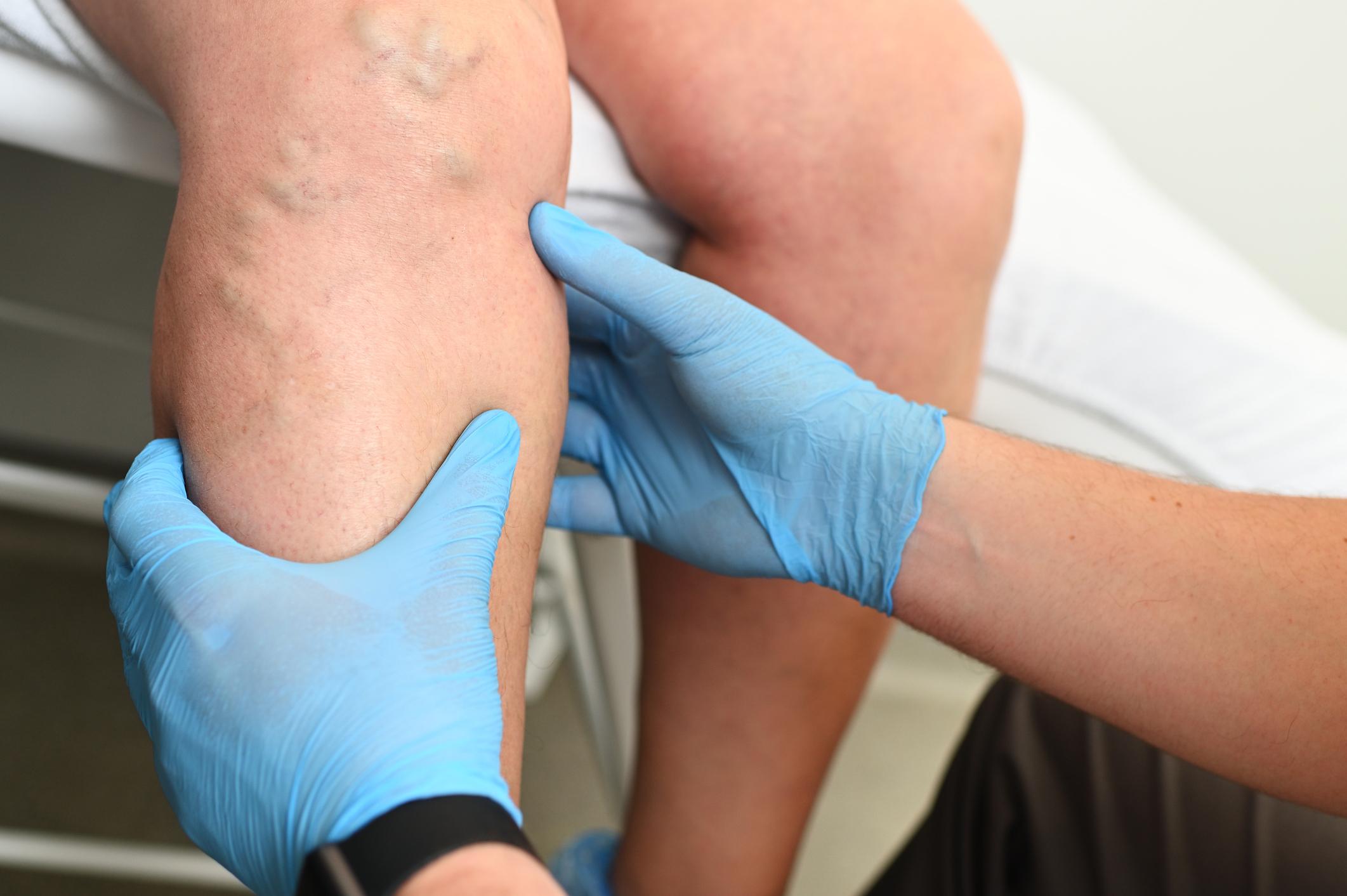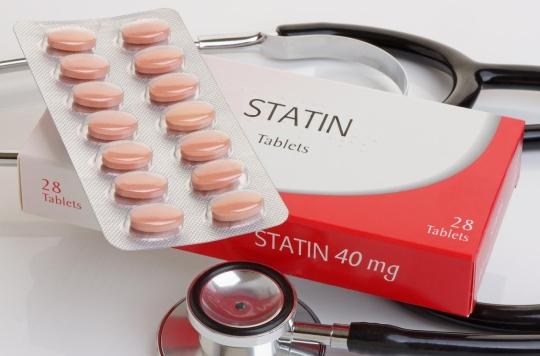Widely prescribed in France and around the world to combat excess cholesterol, statins are the subject of several criticisms. The release of a book will stir up controversy.
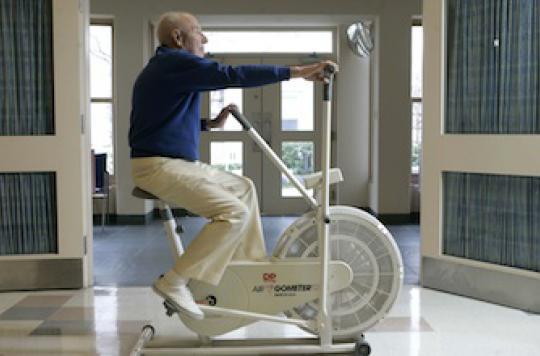
After the guide to unnecessary and dangerous drugs, after the questioning of new generation pills, Professor Philippe Even continues his media crusade against the French pharmacopoeia. On February 21, we learn from the Sunday Journal, the pulmonologist released a new opus targeted, this time on statins. Prescribed in France to five million people, these molecules are used to lower cholesterol levels and prevent cardiac risk. Hypercholesterolemia is a frequent cardiovascular risk factor: more than 9 million French people are concerned. Statins are among the most prescribed drugs in the world.
The story begins in the 80s. The battle between drug manufacturers to find the solution rages on. Tahor, Elisor, Zocor, Crestor hit the market. Large studies, such as the 4S study, then confirm the effectiveness of these molecules in the battle against bad cholesterol (LDL cholesterol). They demonstrated a reduction in mortality in patients with heart attacks. But the field of prescription is widening to primary prevention, that is to say, to people who present a low risk.
In 2005, several voices were raised against the dogma of bad cholesterol. Among the most virulent accusers, Dr Michel de Lorgeril who does not hesitate to denounce “the biggest scam in scientific medicine”. Statins would not lower mortality, studies affirming the contrary would be biased and their authors, prisoners of conflicts of interest. In addition, the side effects associated with statins would not be negligible. Finally, the overprescription of statins already denounced by health insurance.
This is therefore the thesis that Pr Even should develop in the work to be published. For their part, cardiologists will not fail to react by asking people already victims to continue to follow their treatment. All the ingredients are therefore gathered for a new series with twists and turns. With in the middle of patients confused once again by this controversy around the drug.
But what is the position of the health agencies? In 2010, the Haute Autorité de Santé published a new medico-economic study focused on evaluating the effectiveness and efficiency (cost-effectiveness) of statins. This work was based on the analysis of available medical and economic data as well as on the performance of additional studies. La Has considered the statins “effective with uneven effectiveness depending on the profile of the patients.” For the health agency, “treatment with statins reduces the risk of all-cause mortality by around 10% on the one hand and the risk of cardiovascular events by 15 to 23% on the other hand. The higher the initial cardiovascular risk of patients treated with statins, the greater the number of deaths avoided ”.
But the Agency brings several caveats to these conclusions.
Before setting up drug treatment, “The respect of hygieno-dietetic rules remains one of the key elements of the management of the hypercholesterolemic patient”, reminds Has. Diet rules, stopping smoking, limiting alcohol consumption or practicing regular physical activity should be advised by doctors. “However, adds the Agency, if this is not sufficient, treatment with statins may be considered. “
Not all statins are created equal. Statins that lower LDL-c levels even more are also the most expensive, notes Has.
Adverse effects . In 2002, the‘Medicines Agency (Ansm) reported that “most are mild and short-lived. These are mainly digestive disorders, headaches and skin rashes. Fatigue, insomnia and allergic manifestations can also be observed. Exceptionally, the Ansm specified, muscle problems can be serious ”. It results in pain, “an abnormal and painful tenderness of the muscles on palpation, a feeling of muscle fatigue, muscle cramps. These symptoms can vary in intensity and are generally minor ”.
The value of statins in primary prevention remains to be evaluated more precisely in subjects at low cardiovascular risk estimates the HAS. “The various published studies show the benefit of statin treatment when the cardiovascular risk is high. Most international recommendations, including in France, call for an evaluation of the cardiovascular risk before initiating treatment with statins for primary prevention.
Already in 2011, the High Authority of Health anticipated the controversy that would arise around statins. “Few topics in medicine are as well documented as statins and vascular atherosclerosis. It is therefore very surprising to find so many opposing positions on a subject which may seem so consensual.
The analysis presented by the HAS can, in our opinion, help calm the debate, concluded the authors ”. On this point, they were probably wrong!
.







